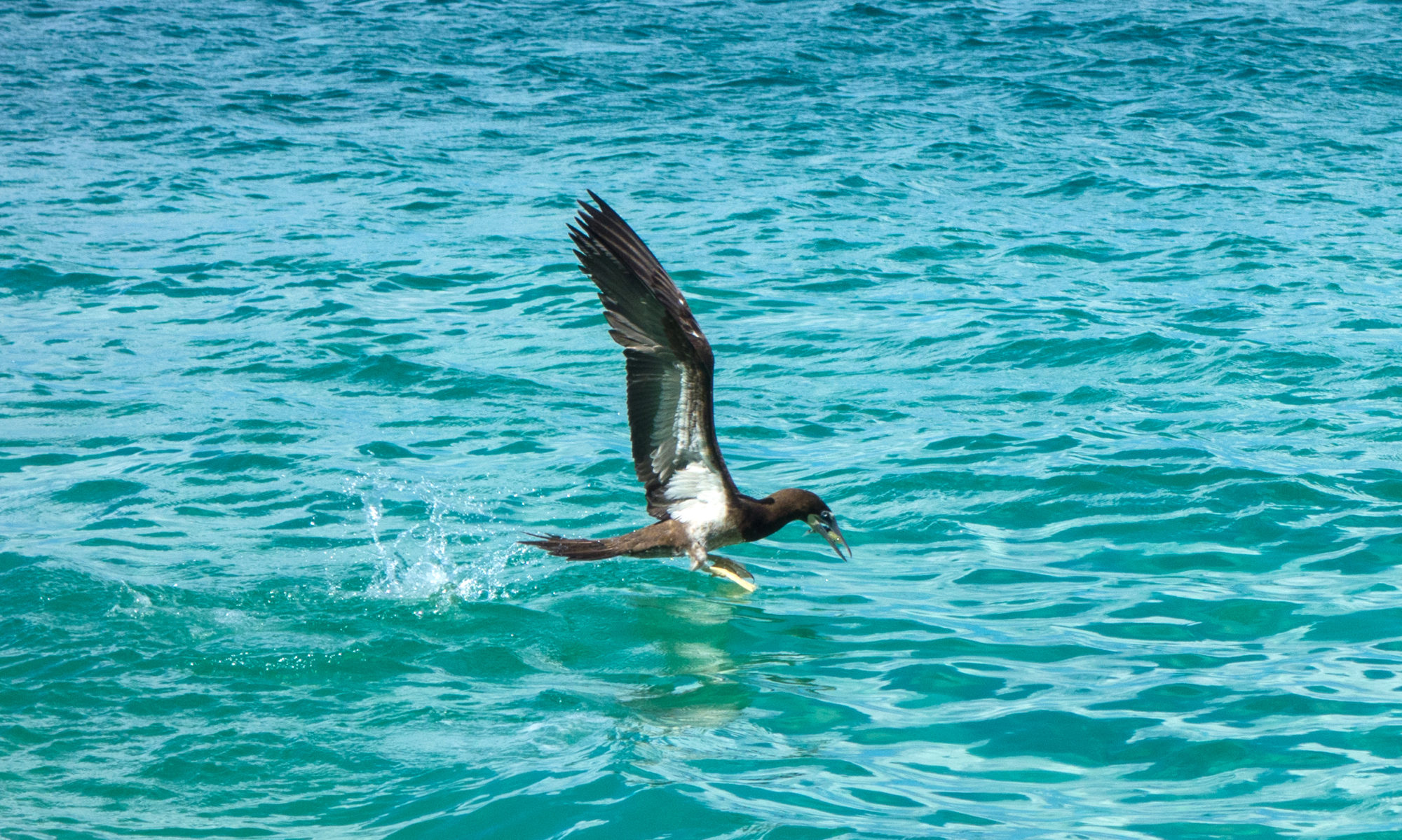Once the world Travel Market in London came to an end I had taken a train to the Lakes District of England to spend time with my friends Jane and Robert Benson. Jane, rather overcome with excitement by my visit, went out of her way to show me what life was like in her neck of the woods! I had already been fed the last of the season’s grouse (a truly dreadful experience) at a dinner hosted in my honour, and had eaten some incredibly good fish and chips at the cozy village pub. I was very relieved that fish didn’t have to be hung until it rotted before it was served, the horrible grouse had been downright putrid by the time it was plated!

My friend Jane was the daughter of James Lowther, the 7th Earl of Lonsdale, and was therefore a member of England’s aristocracy. Jane’s brother Hugh, heir to the title, adamantly refused to be Master of the Hounds for the local fox hunts, so the honour of wearing a Master’s red vest was duly passed down to Lady Jane. I had already been told I would be participating in a pheasant shoot, a prospect which made me a titch apprehensive. A fox hunt too? Oh Lord, I was NOT good on a horse, especially one jumping over ditches, and expressed my fears to Jane. My friend hastened to assure me that the hunt was conducted on foot with not a horse in sight, fox hunts in the area were for culling the animals interfering with the sheep in the vicinity. The participants of the hunt were villagers and farmers, not sportsmen on horseback chasing a lone fox for sport, and I heaved a sigh of relief.

This is why, shortly after my arrival in Cumbria, wearing a borrowed tweed cap and boots too small for my feet, I went to my first fox hunt. Before leaving the house, Jane handed me a stout hawthorn stick and asked me to limp when I got out of the car. Evidently she had told the entire village that her guest from Bequia was “rather lame”, and that we would have to observe the hunt from her vehicle. Devious of her but greatly appreciated, it was cold and damp that morning and the boots were pinching my poor cramped feet!

Jane and I joined the throng awaiting our arrival in front of the village pub. A “stirrip cup” was produced and passed to Lady Jane, who took a large swig before passing it to me. It was a little early in the morning to be drinking port, but I took an obligatory sip of the traditional beverage. The dogs were making a ruckus, eager to be off, and soon Jane and I were back in the comfortable car while the hunters began their hike. We were booed a few times as we drove out of the village, a few people had arrived with placards to protest the hunting of foxes, but Jane was unperturbed; the local hunt, still legal in her part of England, was a necessity as far as she was concerned, the sheep needed to be protected and that was that.

After observing the fox hunt from various look-out points, Jane took me to see the incredible family castle once inhabited by her ancestors. When James Lowther became the 7th Earl of Lonsdale in 1953, he inherited the estate as well as the onerous task of maintaining such a massive edifice. The estate had been sorely neglected, and many of its valuable contents had been auctioned off by the 6th Earl. By 1957 Jane’s father had to admit defeat, the debts were insurmountable, and he carefully turned the castle into a romantic ruin. The grounds were still used for the Annual Lowther Show as well as the famous Horse Driving Trials, and the castle ruins are now a tourist attraction.

Jane then took me to meet her father and his wife Caroline at Askham Hall, a very large, imposing old estate not far from Lowther Castle. It was rather dim and musty inside the residence, I found it oppressive and rather intimidating. Large tapestries hung from the walls, and the dark furniture added to the gloomy atmosphere. Oil paintings of Jane’s ancestors seemed to be staring at me from all directions, they were probably priceless works of art but they made me feel uncomfortable! Jane’s physical resemblance to her father (as well as the oil paintings adorning the walls!) was striking, and they shared the same raunchy sense of humour. Caroline, quiet and somewhat withdrawn, was Jane’s step-mother, evidently the Earl’s fourth stab at matrimonial bliss. We talked about Bequia as we sipped our drinks, and as the Earl and Countess expressed a great deal of interest, I casually suggested they visit the Island some-day.

“Would be lovely” replied Jane’s father, “but where would we get the money? Doubt we could afford the airfare m’dear!”
The Earl of Lonsdale died in 2006, and at that time was reportedly worth eighty million pounds sterling. That explains why Jane snorted with laughter when her father professed to be as poor as the proverbial church mouse, unable to pay for a trip to Bequia!


